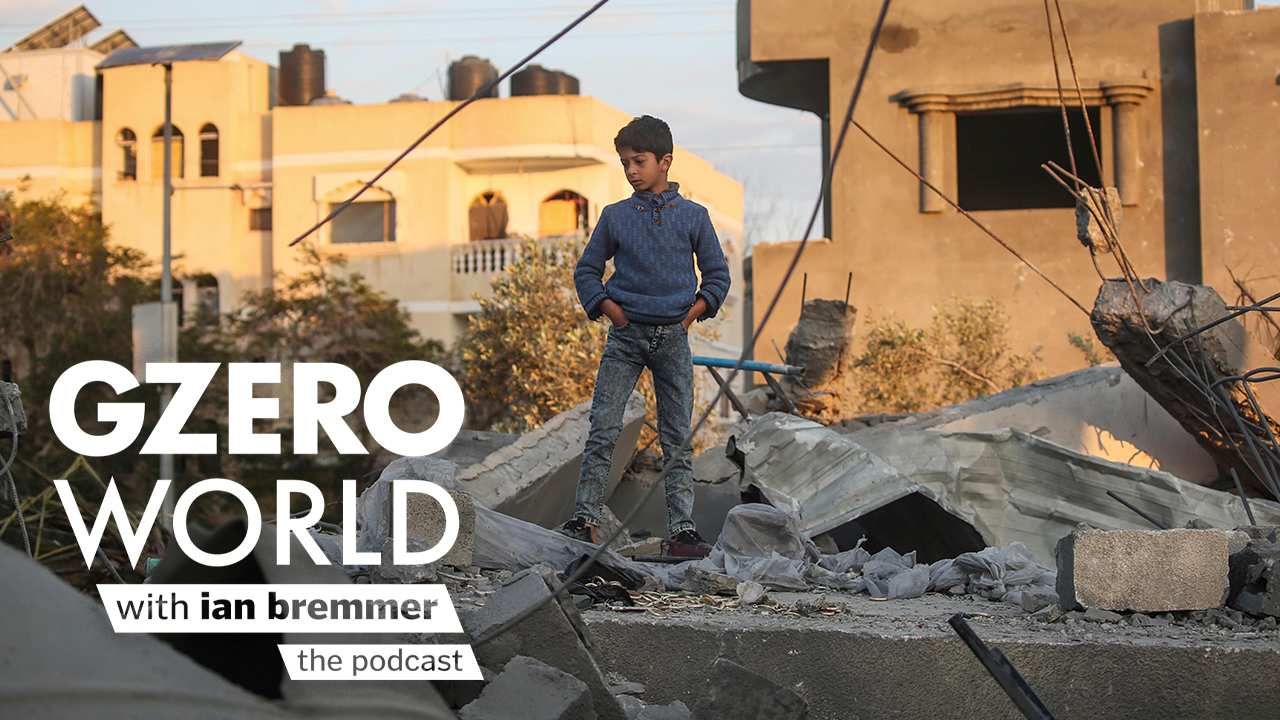News
April 27, 2018
WHAT WE’RE WATCHING
Nicaragua — Last week, hundreds of people hit the streets of Managua, Nicaragua’s capital, to protest announced cuts to the country’s pension system. Men wearing motorcycle helmets and pro-government tee-shirts attacked the protesters with metal pipes and electric cables. In response, thousands of new demonstrators appeared, and demonstrations spread to other cities. Protesters and police were killed. Strongman president Daniel Ortega then rescinded the pension order, but the turmoil continues. As in Brazil, Turkey, and Ethiopia in recent years, a brutal response to a small protest has triggered something much more dangerous. Ortega’s two stints in power date to 1979. Has he outstayed his welcome? Serzh Sargsyan is calling on line one.
Biplab Deb — Earlier this month, a local Indian official named Biplab Depclaimed that Hindus invented the Internet thousands of years ago. His evidence? Referring to the Sanskrit epic Mahabharata, written between 1,600 and 2,400 years ago, he asked, “How could Sanjaya [the king’s charioteer] give a detailed account and description to the blind king about the Battle of Kurukshetra? … We had Internet and a satellite communication system. It is not like Internet or media wasn’t available in the age of Mahabharata,” he said. Even fellow Hindu nationalists are having fun with this guy on the Internet.
WHAT WE’RE IGNORING
“Death to America” emojis — Signalista Kevin Allison notes that Iran’s government has launched a new messaging app that features “Death to America” emojis. Your Friday author’s personal favorite is an emoji of a chador-clad woman carrying a sign to protest Freemasonry. History repeats itself first as tragedy, then as farce, and then as kitsch.
The Royal Rumble — Signalista Gabe Lipton opened Wednesday’s New York Times to discover an ad featuring an invitation from “The Kingdom of Saudi Arabia” to witness a “Royal Rumble” wrestling event at the King Abdullah Sports City Stadium in Jeddah. Our excitement faded when we saw that no actual Saudi royals will be wrestling. None of your Signal authors plans to attend.
Unjust Desserts — South Korea announced this week that, at the conclusion of the Moon-Kim summit, guests would be served a mango mousse with a decorative flag placed on top that contains a map of a unified Korea that includes small islands controlled by South Korea but claimed by Japan. Tokyo was not amused.
More For You
Global conflict was at a record high in 2025, will 2026 be more peaceful? Ian Bremmer talks with CNN’s Clarissa Ward and Comfort Ero of the International Crisis Group on the GZERO World Podcast.
Most Popular
Think you know what's going on around the world? Here's your chance to prove it.
Indian Prime Minister Narendra Modi isn’t necessarily known as the greatest friend of Muslim people, yet his own government is now seeking to build bridges with Afghanistan’s Islamist leaders, the Taliban.
French President Emmanuel Macron, German Chancellor Friedrich Merz, Ukrainian President Volodymyr Zelenskiy, U.S. Special Envoy Steve Witkoff and businessman Jared Kushner, along with NATO Secretary-General Mark Rutte and otherEuropean leaders, pose for a group photo at the Chancellery in Berlin, Germany, December 15, 2025.
Kay Nietfeld/Pool via REUTERS
The European Union just pulled off something that, a year ago, seemed politically impossible: it froze $247 billion in Russian central bank assets indefinitely, stripping the Kremlin of one of its most reliable pressure points.
© 2025 GZERO Media. All Rights Reserved | A Eurasia Group media company.
